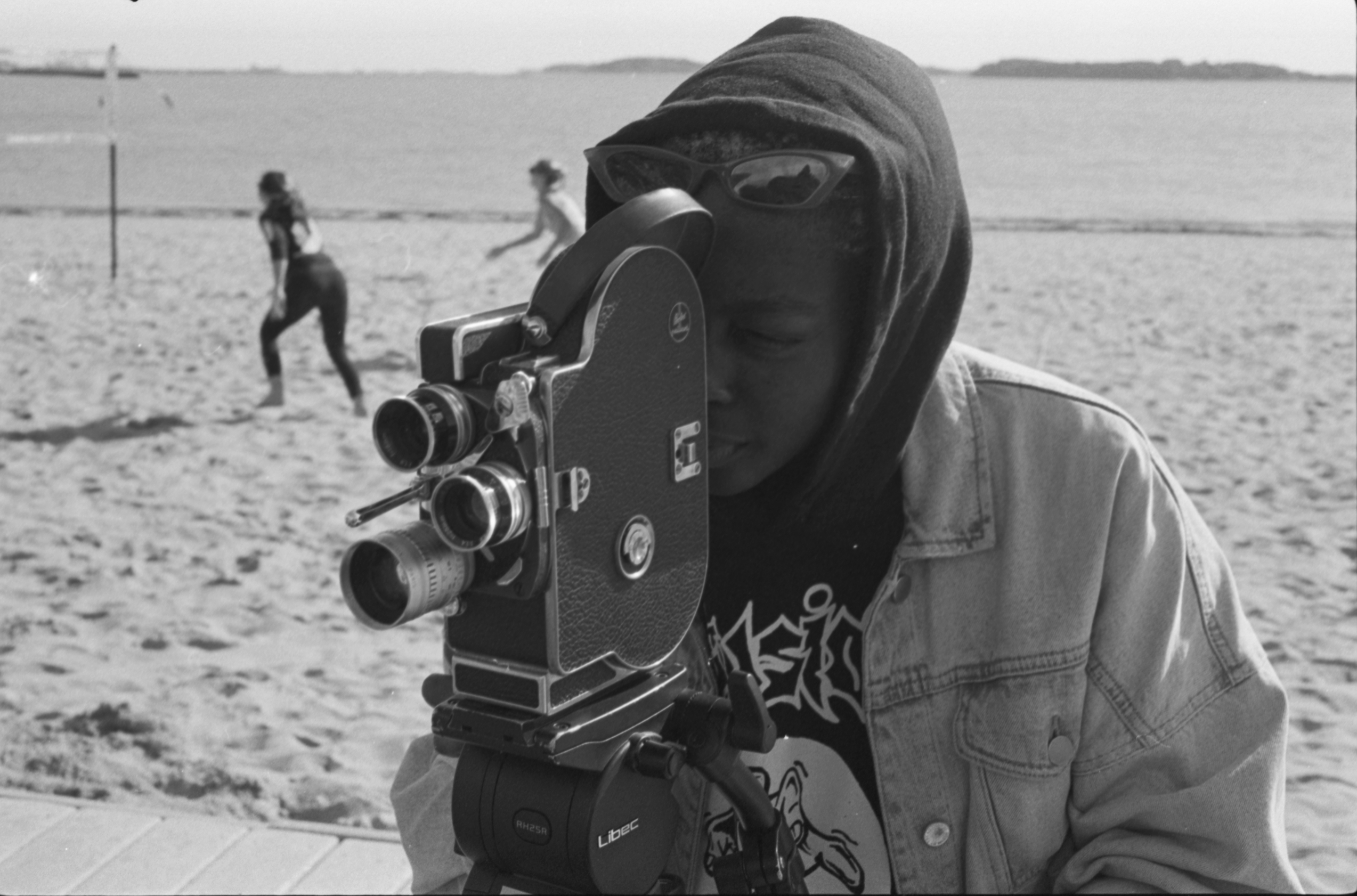Chassidy David—
In the words of the great China Achebe, “Until the lions have their own historians, the history of the hunt will always glorify the hunter.” As a woman born into the African diaspora, I have always felt jaded by the immense labor in uncovering my history (both as an individual and in the larger sense of the diaspora) in comparison to my peers of European descent. This deprivation of my history has fueled my work over the last four years; making the cornerstone of my work about uncovering it (both in a personal and public sense). My work explores the repercussions of not being able to learn your history without the contextualization of imperialism or colonialism, such as but not limited to: internalized hatred, negative self-perception, isolation, and ultimately disenfranchisement.
My work relies heavily on various psychology principles regarding the human brain and perception. I often seek to first understand how we as humans interpret and shape reality in order to convey the aforementioned thematic subjects in the most conducive way that doesn’t provoke hostility or defensiveness. Subsequently, my work relies heavily on subverting stereotypes and implicit biases by initially presenting them as truths for the audience to further reflect on their role in its overtly apparent fabrication. Over the past four years, I have learned various methods in which I am able to allow my audiences to feel like an active participant. This for me, creates empathy, a catalyst for internal and societal change and growth.
My most current narrative film, Missing First Period, tells the story of a week in the life of a high school senior as she competes for the scholarship of her dreams while simultaneously struggling with homelessness. While this film is based on real events within my own life, it reflects a larger systematic truth that there are millions of other children who face homelessness each year in the United States.
The film kicks off with a negative stereotype of the black protagonist arriving late to her first-period class. Consequently, she is immediately rebuked by her teacher. This seemingly small response seems justified and insignificant until it is revealed that not only is she highly intelligent and passes the test she is late for but also, a highly talented thespian who is competing for a scholarship to go to Princeton. The turning point of the film is when she returns back home only for the audience to realize that her home is nothing more than a room she shares with her mother. By then, the viewers are self-aware about their own perceptions of this character. It isn’t until the end when her scholarship is put at risk because of the events that transpire between her mother and the landlord that the film takes on a metaphoric relationship between the viewer and the protagonist's fate. The film critiques our inability to see systematic errors and injustices and help those who are negatively impacted because of the implicit biases within ourselves that we fail to address.
As an artist, my ultimate hope is to create work that transcends social constructs in order to provoke conversation.
Her previous works have been showcased at institutions such as MoMA (New York, NY) and the Museum of Moving Image (Queens, NY). She recently worked as a video production Teacher Assistant for the New York State Summer School of the Arts and then as a Production Assistant at Element Productions. Chassidy completed her BFA degree in Film Production at Emerson College in December 2019.
She is currently available for hire and collaborations.


